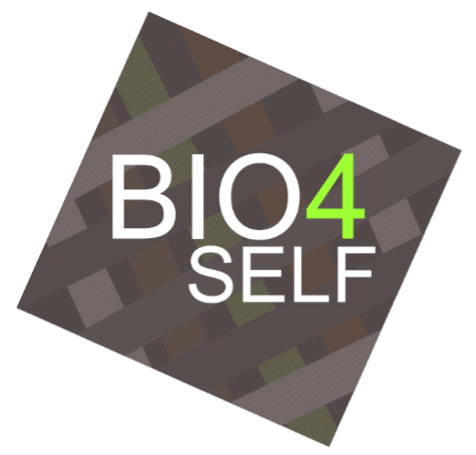Bio-based materials, due to their intrinsic nature, have demonstrated that they can be adequate candidates, with a performance good enough, to replace petroleum derivates´ in various application areas. However, due to differences in physical and thermochemical properties, a direct replacement of the current material with newly developed bio-based is often a mistake. To reach the full potential of bio-based materials, product eco-design is essential. The novel approach on which Bio-Uptake project relies is based on modularity or pre-fabrication: The development of high-tech bio-based intermediate formats.
The European project Bio-Uptake “Bio composites in smart plastic transformation processes to pave the way for the large-scale uptake of sustainable bio-based products” funded by Horizon Europe, has started on December 1st, 2022.

CUBIC, a new European project that aims to improve the sustainability and circularity of complex products, made of high-tech advanced multi-material composite thermoset and thermoplastic structures, by developing novel circular biobased alternative materials. These new materials, 100% recyclable by design, will be manufactured as B2B intermediate semi-finished products that can be used either individually or assembled in the final end-user product. The project also aims at the easy adoption of the developed new materials by the market, enabling the decentralisation of the European manufacturing industry and boosting a twin green and digital transformation.

Esprit was an SME targeted collaborative project part-funded by the European Commission. It had 12 partners from 8 European countries and a total budget of nearly 6 million euros. The project had a duration of 3.5 years, the end date being March 2012. Composites are now a well-established and continually evolving set of materials stretching from high-spec aerospace to biodegradable bio-based composites. This project used as its theme the development of Self Reinforced Polymer composites (SRPs) which are an all-thermoplastic composite based on the principle of having a reinforcement and matrix of the same basic polymer family which offers the advantages of being lighter in weight for equivalent stiffness, having improved recyclability and much improved impact resistance.
There exist many applications where SRPs can potentially replace standard unreinforced polymers or Glass-reinforced thermoplastic composites.

Esprit was an SME targeted collaborative project part-funded by the European Commission. It had 12 partners from 8 European countries and a total budget of nearly 6 million euros. The project had a duration of 3.5years, the end date being March 2012. Composites are now a well-established and continually evolving set of materials stretching from high-spec aerospace to biodegradable bio-based composites. This project used as its theme the development of Self Reinforced Polymer composites (SRPs) which are an all-thermoplastic composite based on the principle of having a reinforcement and matrix of the same basic polymer family which offers the advantages of being lighter in weight for equivalent stiffness, having improved recyclability and much improved impact resistance.
There exist many applications where SRPs can potentially replace standard unreinforced polymers or Glass-reinforced thermoplastic composites
The needs: The worldwide demand to replace fossil-based raw materials has resulted in a significant growth of technological developments on bioplastics. Polylactic acid or PLA is considered as one of the most promising biobased polymers and is therefore most frequently used.
The BIO4SELF answer: Tackling current drawbacks remains an important challenge for biobased polymers. There is a need to develop biobased, sustainable polymeric materials with high stiffness, high impact and high durability without impairing recyclability.

© 2024 Comfil – Designet af Aveo web&marketing